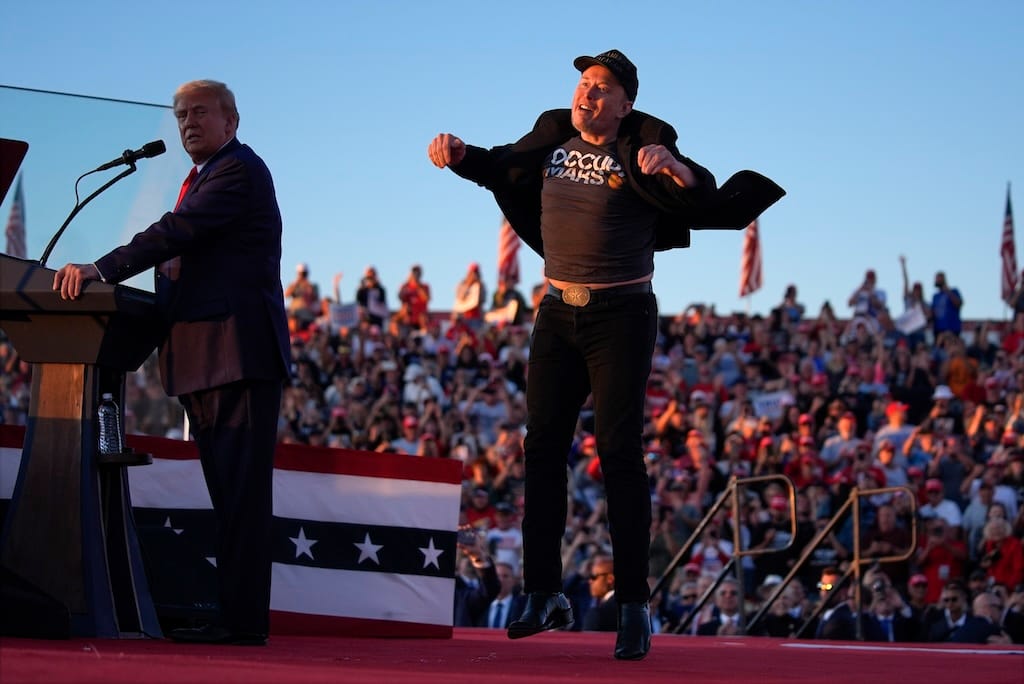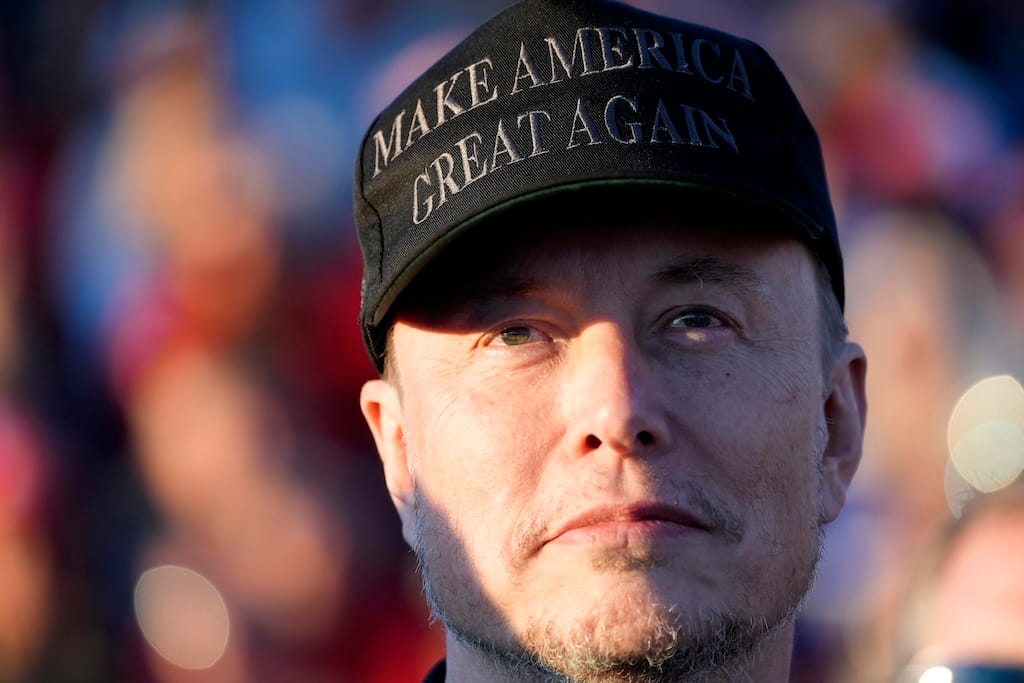House Committee Probes Starlink RDOF Denial
The FCC said it stood by its decision not to award the company $885 million in broadband subsidies.
Jake Neenan

WASHINGTON, Oct. 8, 2024 – SpaceX-owner Elon Musk has elevated his rhetoric against the broadband policies of the federal government, including the Federal Communications Commission, as he actively campaigns for former President Donald Trump.
And now, his Republican allies on the House Oversight Committee are probing an FCC decision to deny a bid by Starlink, a unit of SpaceX, for $885 million in federal broadband subsidies under the Rural Digital Opportunity Fund.
“The Committee seeks information from the FCC to ensure that the Commission followed established processes and is not improperly using the regulatory process for political purposes,” Committee Chair James Comer, R-Ky., wrote in a letter to the agency Monday.
The FCC denied Starlink’s bid for support to serve rural homes and businesses with its satellite internet service in 2022, citing concerns the technology couldn’t meet minimum speed requirements.
Musk has been posting on X, which he also owns, about the denial in recent weeks, accusing the agency of engaging in “lawfare” because of his support for right-wing causes.
“The FCC is an independent agency. Any notion that its decisions are politically motivated and not fact-based is false,” an FCC spokesperson told Broadband Breakfast.
Musk appeared at Trump's campaign rally in Butler, Pennsylvania on Saturday and has offered a $47 reward to people who refer swing state voters to his pro-Trump super PAC.
In Butler, Musk sought to portray Trump as a champion of free speech, arguing that Democrats want “to take away your freedom of speech, they want to take away your right to bear arms, they want to take away your right to vote, effectively."
Comer noted that Starlink and the Federal Emergency Management Agency have been deploying Starlink dishes to aid recovery efforts in areas affected by Hurricane Helene.
“The use of Starlink to repair and enhance connectivity in the devastating aftermath of Hurricane Helene suggests that Starlink can support rural communities recovering from natural disasters – and therefore in daily usage, too,” he wrote.
Federal Communications Commission stands by RDOF denial
The agency said it stood by its decision not to fund consumer broadband from the company.
“The question was never about whether the company could provide service, as evidenced by their efforts to do so now without any taxpayer dollars,” the spokesperson said. “It was whether they could meet the required basic upload and download speeds. They couldn’t.”
The FCC announced the winning bidders in its Rural Digital Opportunity Fund reverse auction in 2020. In a process the agency received some criticism for, winners submitted longer applications demonstrating their ability to meet RDOF requirements after the fact, and the FCC denied several of those applications. That included Starlink and the auction’s biggest winner, LTD (now called GigFire), which the agency said didn’t have the capacity to expand to the nearly 500,000 locations it won support for.
In the case of Starlink, the FCC said available speed test data didn’t convince staff that the company’s nascent low-earth orbit satellites would consistently provide minimum required speeds by the program’s first deployment deadline in late 2025.
The two Republicans on the commission dissented in 2023 when the FCC denied Starlink’s appeal, saying the company would be able to beef up its speeds by the deadline.
“In the case of technologies like Starlink’s LEO system, progress is not measured in a straight line, particularly not one that can be plotted by drawing an arrow through two speed test measures,” Commissioner Brendan Carr wrote at the time.
Comer requested communications from Starlink and between FCC personnel related to the company’s RDOF bid by Oct. 21, plus a briefing with House Oversight Committee staff by Oct. 14.
The FCC granted SpaceX and T-Mobile a waiver over the weekend to provide direct-to-cell coverage for disaster alerts in areas affected by Helene. SpaceX said the companies may test basic texting services as well.

Speaking at the Saturday rally, Musk said “this will be the last election” if Trump doesn’t win. Wearing a cap with the “Make America Great Again” slogan of Trump’s campaign, Musk appeared to acknowledge the foreboding nature of his remarks.
“As you can see I am not just MAGA — I am Dark MAGA,” he said.









Member discussion